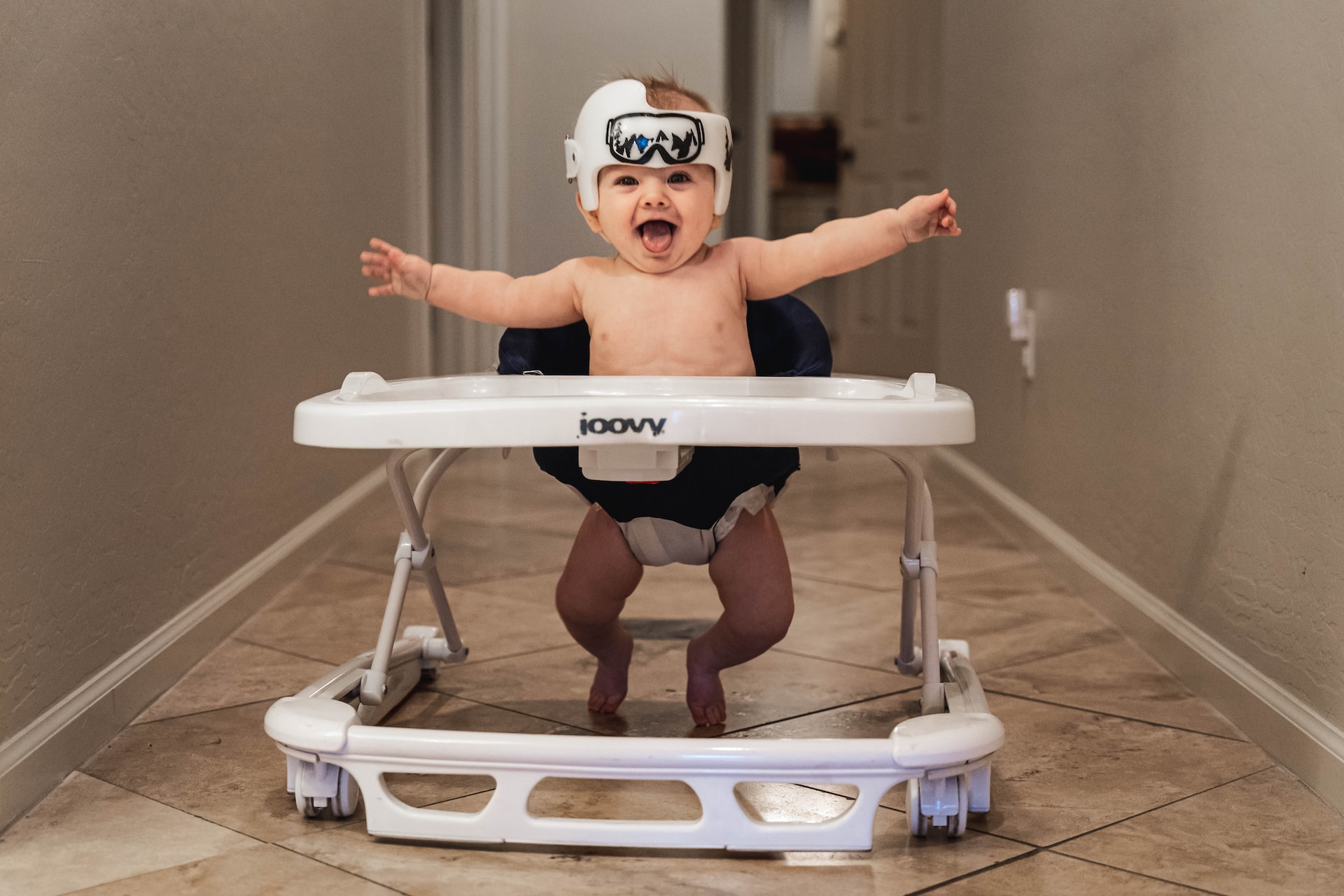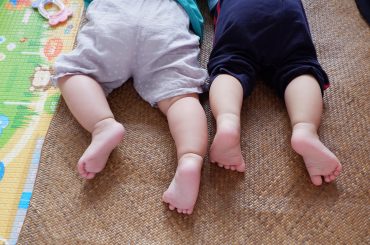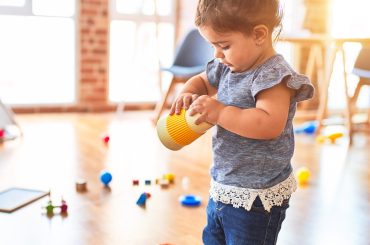As a parent, seeing your child take their first steps is exciting and joyful. It is a milestone often celebrated and shared with family and friends. However, some parents may be tempted to use baby walkers to help their little ones learn to walk. In comparison, it may seem like a good idea, but using a baby walker can harm a child’s development. This article will explore why baby walkers are bad for a child’s development.
Contents
Why Baby Walkers are Bad for a Child’s Development?
A baby walker is designed to help a child move around before they can walk independently. It usually has a seat suspended between wheels or a frame, which allows the child to move around the room. Many parents believe a baby walker is a valuable tool to help their child learn to walk faster. However, research has shown that using a baby walker can delay a child’s development.
Baby walkers can delay motor development.
Delay Muscles and balance skills

When it comes to a baby’s development, there are certain milestones that they need to reach to ensure they are developing correctly. Crawling, sitting, and walking are some of the most important ones. These milestones help babies develop muscle strength and balance for future physical activities.
But babies can’t develop these important muscles and balance skills in the same way when they use a baby walker. That is because the walker provides support that the baby’s body must provide independently.
Lack of exercise
The baby’s legs are simply dangling down in the walker, and they can move around without using their muscles to support their weight. This lack of exercise can lead to weaker leg muscles and a delay in learning to walk on their own.
Studies have shown that babies who use walkers may take longer to reach certain milestones, such as crawling, sitting, and walking. This delay can be frustrating for both the baby and the parents.
Slow the Physical development and activeness.

It’s important to remember that every baby develops at their own pace, and it’s okay if they don’t reach these milestones simultaneously with other babies. However, using a baby walker can delay this process and hinder their physical development.
As a parent, it’s important to make sure your baby has a safe place to move around and explore. Let them crawl, roll, and play on the floor to help them develop the muscle strength and balance needed for walking. Avoiding baby walkers can help your baby reach their milestones and develop properly.
Baby walkers can cause accidents.
Accident History

Baby walkers can be dangerous and can cause accidents. According to a study published in Pediatrics, between 1990 and 2014, more than 230,000 children under 15 months old were treated in emergency rooms for injuries related to baby walkers. The most common injuries are falling down stairs, head injuries, and burns from touching hot objects.
Fall off
While baby walkers may seem convenient for parents, they can be pretty dangerous for babies. Studies have shown that baby walkers can increase the risk of accidents and injuries.
Here are the most significant risks associated with baby walkers falls: Since the wheels on a walker allow babies to move quickly, they can easily lose control and tip over. This is especially dangerous if the walker is used near stairs, where babies can easily fall and get hurt badly.
Burning
Another risk associated with baby walkers is burning. Babies can easily reach objects they usually wouldn’t be able to and can accidentally touch hot objects, such as a stove or a heater. This type of move can result in painful burns that require medical attention.
Head injury

Along with falls and burns, baby walkers can make it more likely that a child will hurt their head. Since babies are not yet fully aware of their surroundings, they may accidentally bump into objects while in the walker, which can cause head injuries.
Parents should know the risks that come with baby walkers and do what they can to keep accidents from happening. It includes using baby gates to block off stairs, keeping hot objects out of reach, and supervising babies at all times while in the walker.
Ultimately, the convenience of a baby walker is not worth the risk of injury. By avoiding the use of baby walkers, parents can help keep their babies safe and prevent accidents from occurring.
Baby Walkers Can Limit Exploration And Learning.

Babies learn by exploring their environment and interacting with objects and people around them. However, when babies are in a baby walker, they are limited in their exploration and learning. They can only move around in a limited space and may miss out on the opportunity to learn new skills and concepts.
Limited space
Babies are naturally curious and eager to explore the world around them. They want to touch, taste, and feel everything they see. However, when babies are put in a walker, their ability to explore and learn is limited.
That is because walkers confine babies to a small space and limit their movement to a forward or backward motion. They can’t crawl, climb, or move in any other way, which stops them from exploring their environment.
Fewer Practices in movements
In addition to limiting exploration, baby walkers can limit a baby’s learning opportunities. Since they cannot move in different directions or at different speeds, they cannot learn how to navigate obstacles or adjust their movements to avoid potential dangers.
Lead for a false sense of security.

Furthermore, baby walkers are often left unsupervised, thinking they are safe when they’re not. That can result in a false sense of security, putting them at risk of accidents and injuries.
Parents need to make sure their babies have a safe place to explore and learn. Instead of a walker, parents can give their children soft blocks or balls that encourage movement and exploration. They can also create a safe play area for their babies to move around freely and discover new things.
Parents can help their babies learn important skills and reach their developmental milestones by not using baby walkers and making the environment safe and interesting.
Conclusion
Using a baby walker may seem like a good idea, but it can harm a child’s development. It can delay motor development, cause accidents, and limit exploration and learning. A parent must provide a safe and nurturing environment for their child to develop. Instead of using a baby walker, let your child explore and learn in a safe and supportive environment.
Read and get more knowledge about your toddler before you put them at a risk. Here are some cool parenting hacks and tips to save your life as great parents





